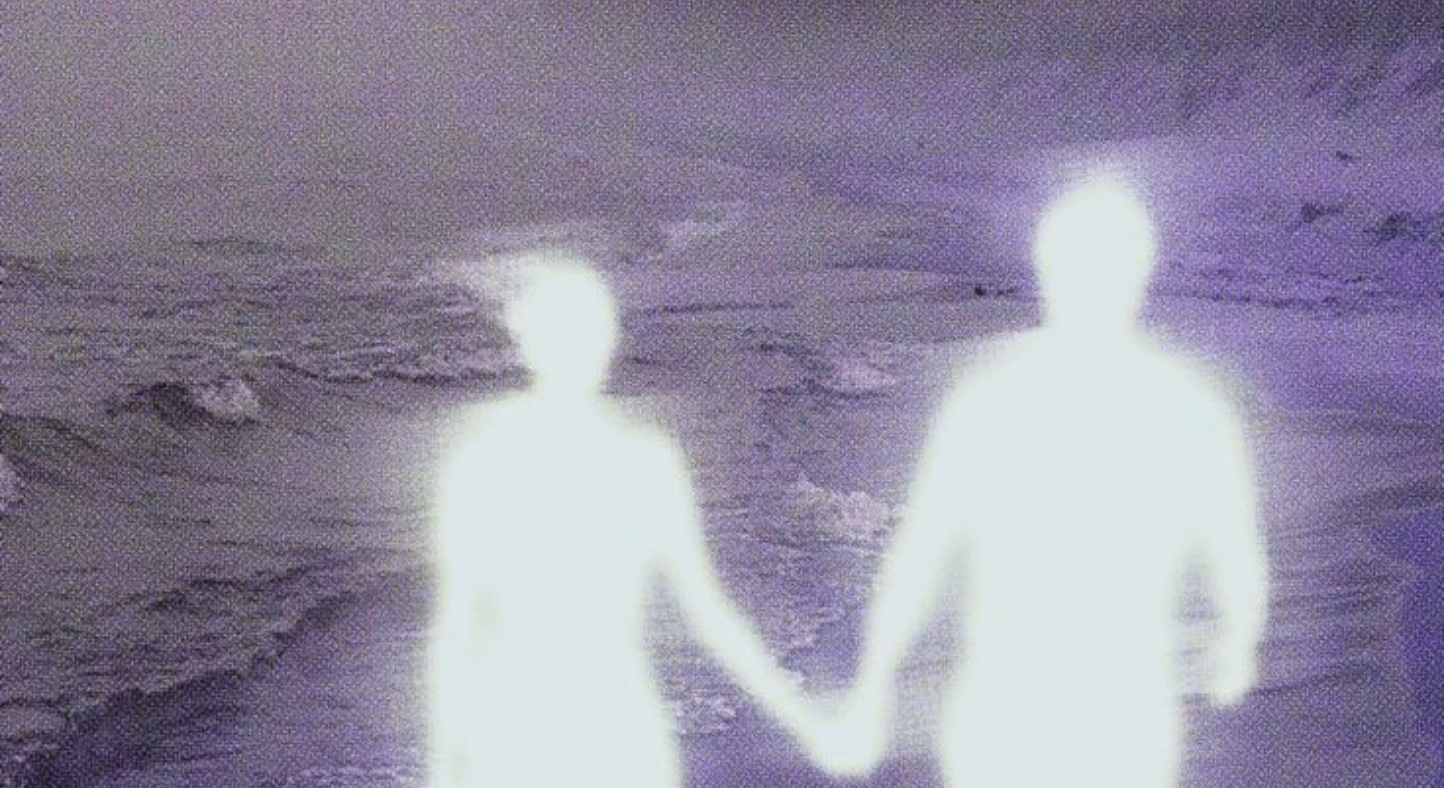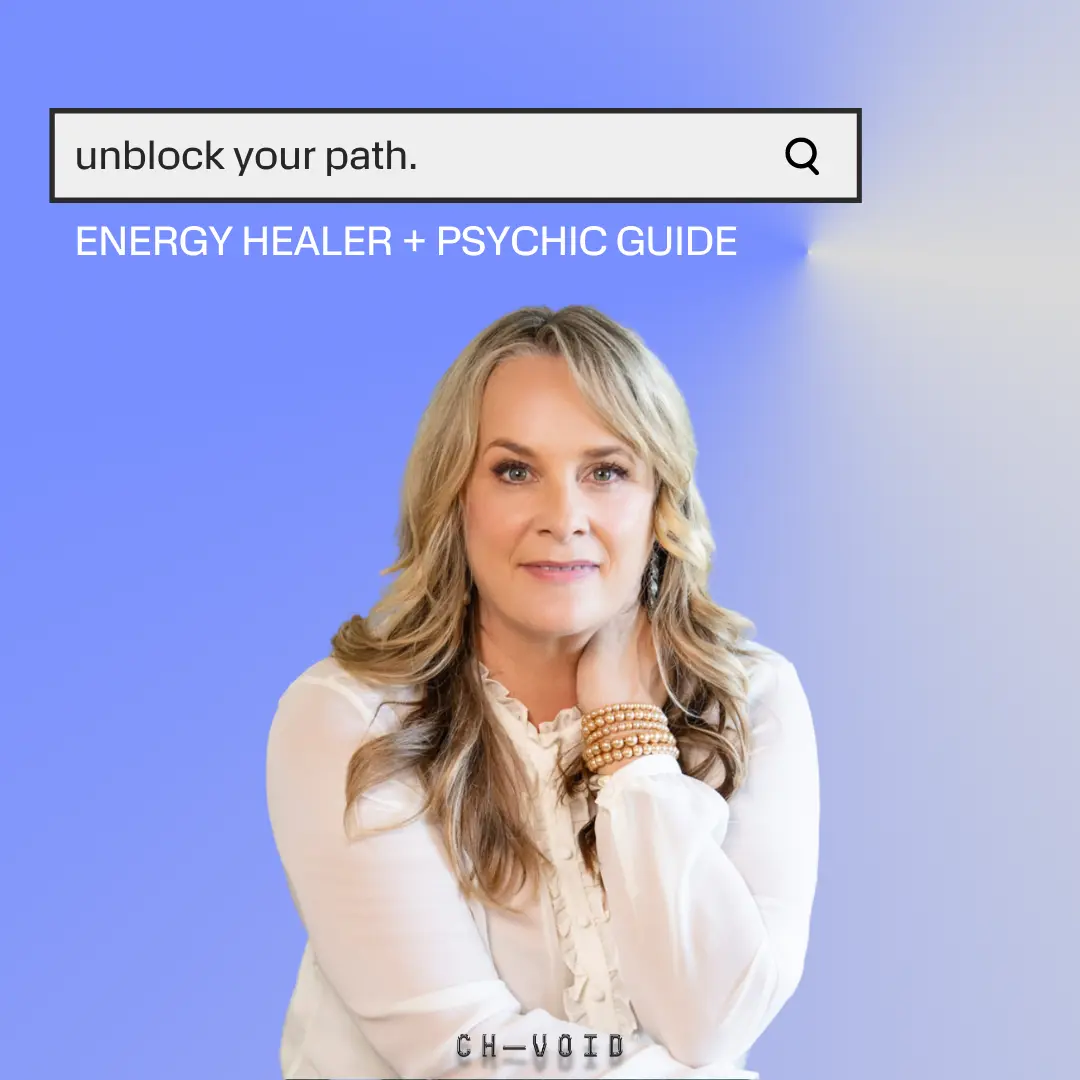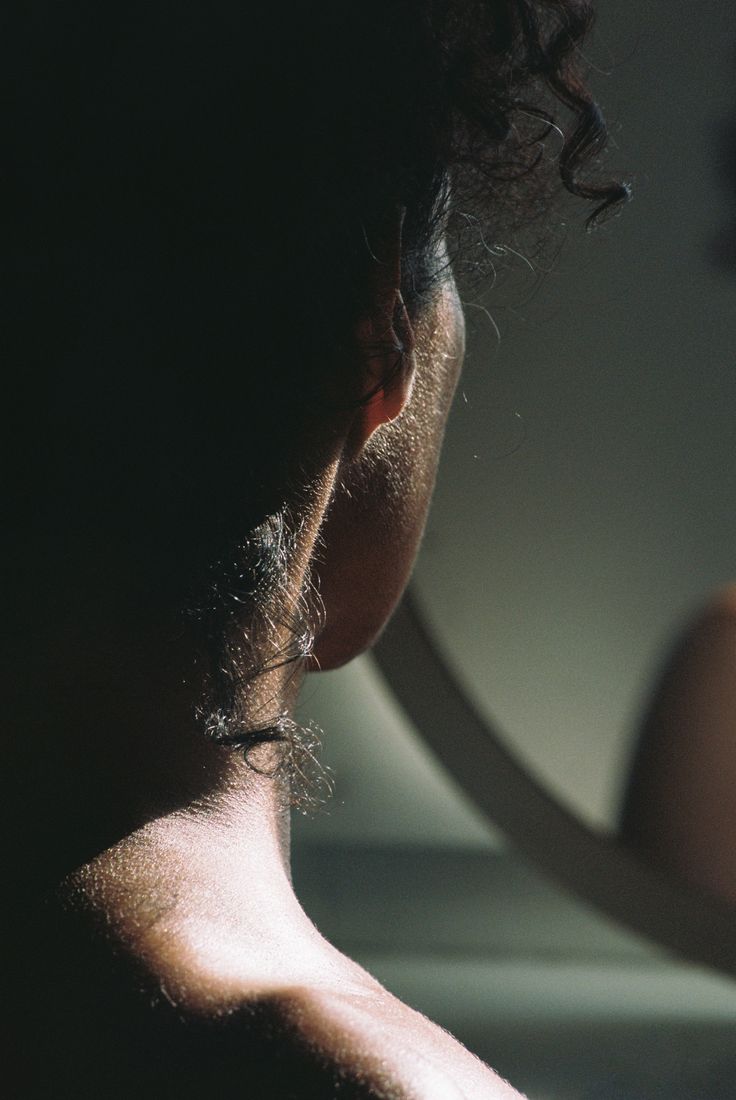How to break up with someone
Sometimes a relationship break-up will serve us more than that relationship could and that’s ok.
A relationship ending can be a massive loss and in many ways, is experienced by your brain and body in the same way as it would experience a death. Experiencing grief or deep sadness from ending a relationship does not mean that the breakup was a mistake. It’s possible for the decision to be the right one while simultaneously hurting from the loss of that connection in your life.
In my younger years as a committed “non-dater”, I found myself joyfully weaving intricate webs with other humans before eventually realising my handiwork too closely resembled an established relationship, yikes. Determined to untangle myself from the kind of emotional dependency I feared, I’d find the quickest route out the door, leaving the other person in despair and confusion as to the reasons for my departure. The path of devastation created by this inability to exit a relationship properly not only affected my social life, but soon became something that limited all of my relationships. It was my belief that like a band-aid, the quicker you ripped away from the skin of a relationship, the less it would hurt for everyone.
I had too often been awe-struck at the depths at which people could hold space for a romantic “Other” in their life, creating whole worlds and lives around being a partner. When these beautiful and deep connections found it their time to part, I found it hard to watch the struggle people endured trying to figure out where their partner ended and where they began. For these people, advice from me, their eternally “single” friend (and unqualified advice giver) boasting of self-dating hardly ever seemed as exciting as the unfurling of a new relationship, or even the drama of an existing one.
Coming to understand the “why?” behind the process of two people becoming separate from one another is the silent and sticky void we all find ourselves shouting into at some point.
Here’s what our resident sexologist Kassandra has to say about it:
The Stigma of Singledom
Social connections are a basic need for human survival. Without connection, we would die. Yet, this does not mean that all our relationships will continue to benefit our lives. Sometimes ending a relationship is the best option for each person in that connection, whether it’s immediately clear or not.
We live in a society that values unsupportive relationships that no longer serve us, that limit our growth or that are actively harmful to our wellbeing, over the shame associated with being single or losing a friend. As such, there is significant stigma around being a single person or someone who does not have several close friendships or a strong friendship group. This stigma, in part, is what keeps folx trapped or pressured to remain in relationships that no longer align with their values and beliefs.
While many of us struggle to end these relationships, and at times it might not be safe or possible, when it is, it’s totally normal and valid. Deciding to end a relationship might be necessary in order to explore, relearn what you enjoy or value, to prioritise your own wellbeing or make space for new connections.
Sometimes we will end a relationship because we’ve noticed a change in ourselves and we want to connect with people who understand or appreciate that. We might end a relationship because we no longer feel the same strength of connection or want to explore different roads. We might end a relationship between we don’t feel seen, understood or respected.
Ending With Respect
Ghosting someone or leaving without a trace can feel like the easiest way out of any relationship. However, for the ghosted, this move can feel confusing and hurtful. It doesn’t give those people an opportunity to understand why the relationship has ended and may leave them wondering what they did wrong. Ending relationships with respect and accountability are often the more ethical higher road. Be honest, kind and accountable for the reasons why you’ve decided to initiate a breakup and for the pathway you take during that process.
Ending a relationship does not have to be the sudden or instantaneous severing of your connection. It may be a gradual ending where you take time to honour and value the connection you had with that person. This might include a process or ritual of saying goodbye and could look like anything from writing each other goodbye letters, a series of phone calls to reminisce over the time you spent together, talking about the reasons you’re parting or sharing a final goodbye meal.
Grief And Loss
Although we don’t recognise it as such when relationships end a lot of folx experience grief. Grief is essentially the severed attachment and loss of connection to something that was once important to us. A relationship ending can be a massive loss and in many ways, is experienced by your brain and body in the same way as it would experience a death. Experiencing grief or deep sadness from ending a relationship does not mean that the breakup was a mistake. It’s possible for the decision to be the right one while simultaneously hurting from the loss of that connection in your life.
While closure is something that you might want to work towards, it isn’t always helpful or possible. Grief isn’t something people can just get over, move on from or forget about, contrary to the way we talk about in society. Because grief isn’t something people can just heal from, it becomes a part of you; something you have to find a way to carry and regularly acknowledge and tend to.
Name what you’re feeling as grief and let yourself be upset about it. Be kind to yourself and remind yourself that what you’re feeling is normal and okay. Spend time noticing the things that help you feel a little bit better – does going for a walk make your day feel a bit less hard? Does sending time with another friend cheer you up? Does eating your favourite food, reading your favourite book or watching TV shows help? Connection with other people (or even animals) is also super important at this time. Make a point to connect with someone each day; by video chat, text or face-to-face. Remind yourself that you won’t always feel like this and that as time goes on these feelings will get less intense. Prioritise your other relationships in your life and make time for doing things that are pleasurable or feel good to you.
Whatever your reasons are for wanting to bring a relationship to an end, remind yourself that breakups are a normal and common part of life, as are the grief or feelings of loss associated with them. When we start normalising respectful relationship endings, we simultaneously respect our own needs and another person’s feelings. Sometimes a relationship break-up will serve us more than that relationship could and that’s ok.





















